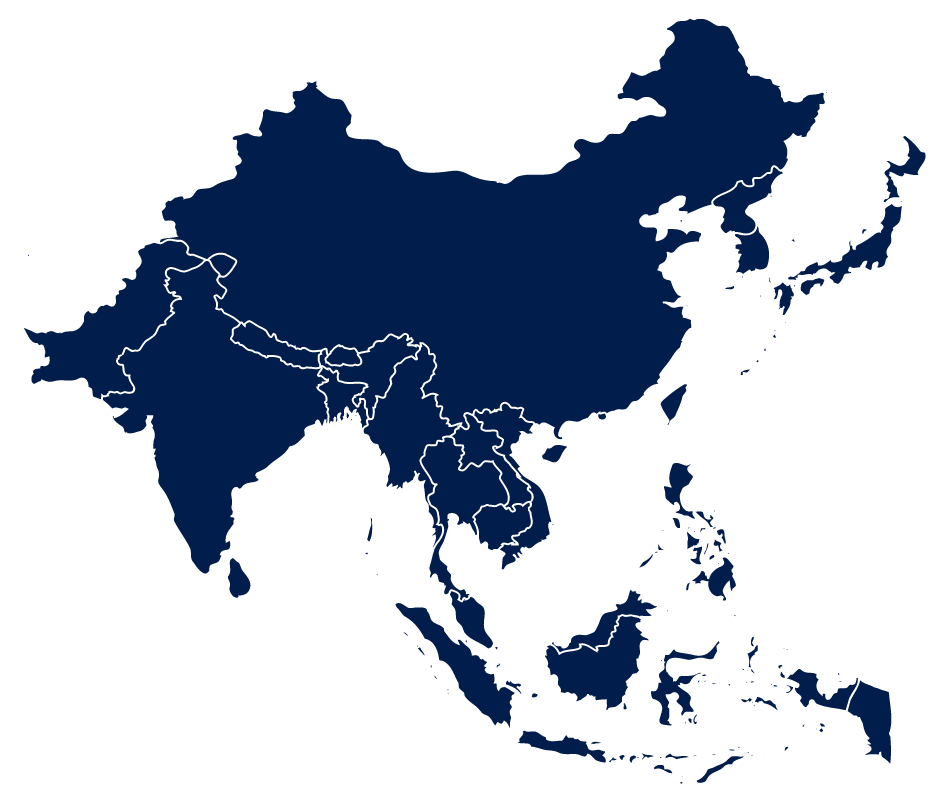Canada is HERE FOR the indo-pacific.
Working together to deepen ties and strengthen relationships.
Trusted. Sustainable. World-Class.
Canada is a global leader in producing high-quality, sustainable, and innovative agricultural products. Our pulses, cereals, and canola are trusted worldwide for their excellence—from field to final destination.
We are committed to advancing food, feed, and fuel security through collaborative partnerships. Our grains contribute to healthier diets, more resilient food systems, and economic opportunity across the Indo-Pacific region.
Canada stands out with government and industry best practices and a robust system approach to pest risk management that protects plant health and ensures high-quality grain from farm to port to customer. The Canadian Grain Commission (CGC), the Canadian Food Inspection Agency (CFIA), Agriculture and Agri-food Canada (AAFC) and industry work together to deliver strong quality assurance, compliance with international phytosanitary requirements, and various levels of technical support.
Canadian farmers practice industry-leading on-farm stewardship. From conservation tillage to crop rotation, they uphold the highest standards in sustainable agriculture—ensuring environmental responsibility while delivering consistent premium grains.
BY THE NUMBERS: CANADA'S ADVANTAGE
- Canadian farmers grow oats, barley, wheat, canola, pulses, and special crops planted on over 27 million hectares.
- Our grains are exported to over 120 countries around the world.
- Exports of these crops totalled $20 billion USD in 2024.
- Canada is the world's #1 exporter of peas and lentils
- Over 90% of canola grown in Canada is exported as seed, oil or meal to markets around the world.
- Over the past five years, the Indo-Pacific region has accounted for 46% of Canada's global wheat exports.
GET IN TOUCH
Additional resources are coming to this site. In the meantime, please connect with our in-market resource Patrick Powers to learn more.
Patrick Powers
Regional Representative
15 Queen St.
03-01A, Wilby Central
Singapore, 188537
Email: ppowers@growindopacific.ca
Phone: +65 8685 7025







